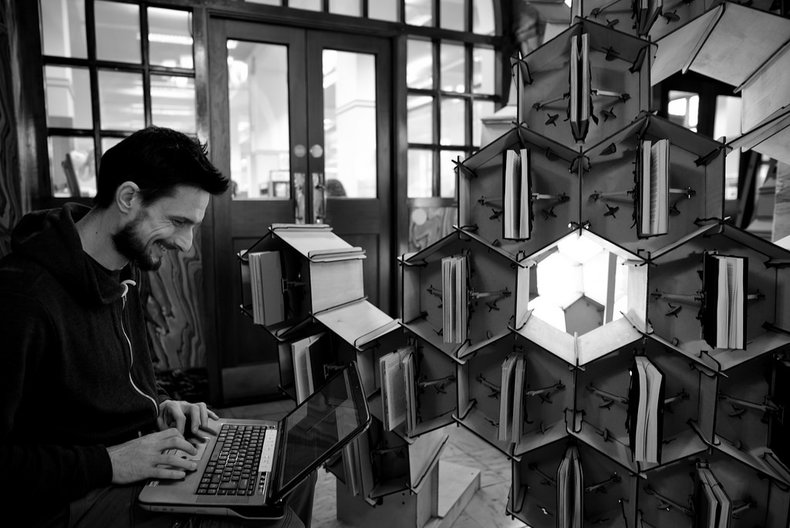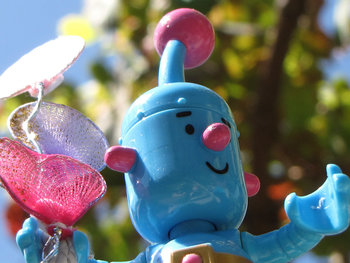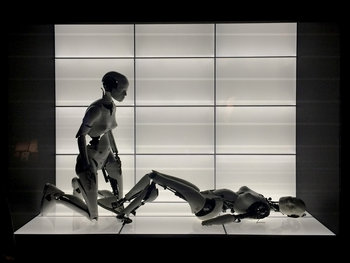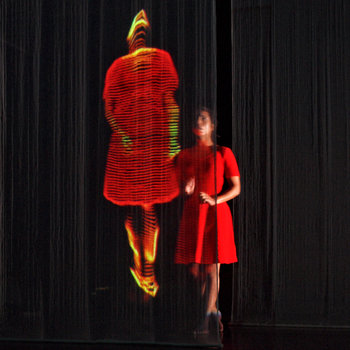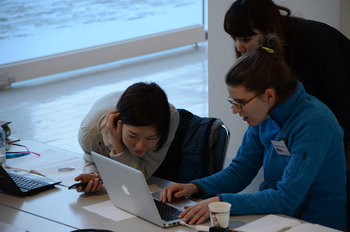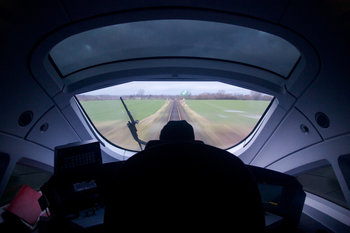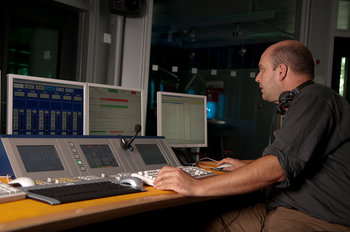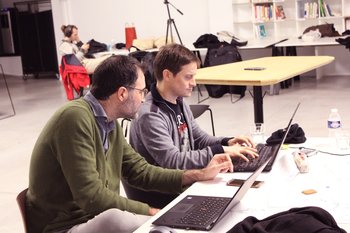|
| |
The Chinese Room is a thought experiment that suggests that artificial intelligence can't exhibit consciousness because machines simply process information that they don't "understand."The Chinese Room thought experiment is an analogy to artificial intelligence. A person who can't speak Chinese is sitting in a room text chatting in Chinese. They have a book that gives them an appropriate response to each series of symbols that appear in the chat. The person on the other side of the chat can't tell that they are speaking to someone who can't speak Chinese. The person in the room doesn't understand anything about the conversation and is simply looking up symbols in a book.The Turing test, a common way to define and test artificial intelligence, involves a computer imitating a human on a chat. According to the test, if a machine can convince people that it's human, it's intelligent. The Chinese Room analogy shows that by this definition of machine intelligence that computers need not understand the conversation to pass.|
Type | | Definition | A thought experiment that shows that machines can pass the Turing test without understanding the conversation. Suggests that artificial intelligence is merely an advanced form of computing that doesn't approach the abilities of human thought. | Proposed By | John Rogers Searle | Related Concepts | |
Artificial Intelligence
This is the complete list of articles we have written about artificial intelligence.
If you enjoyed this page, please consider bookmarking Simplicable.
© 2010-2023 Simplicable. All Rights Reserved. Reproduction of materials found on this site, in any form, without explicit permission is prohibited.
View credits & copyrights or citation information for this page.
|
